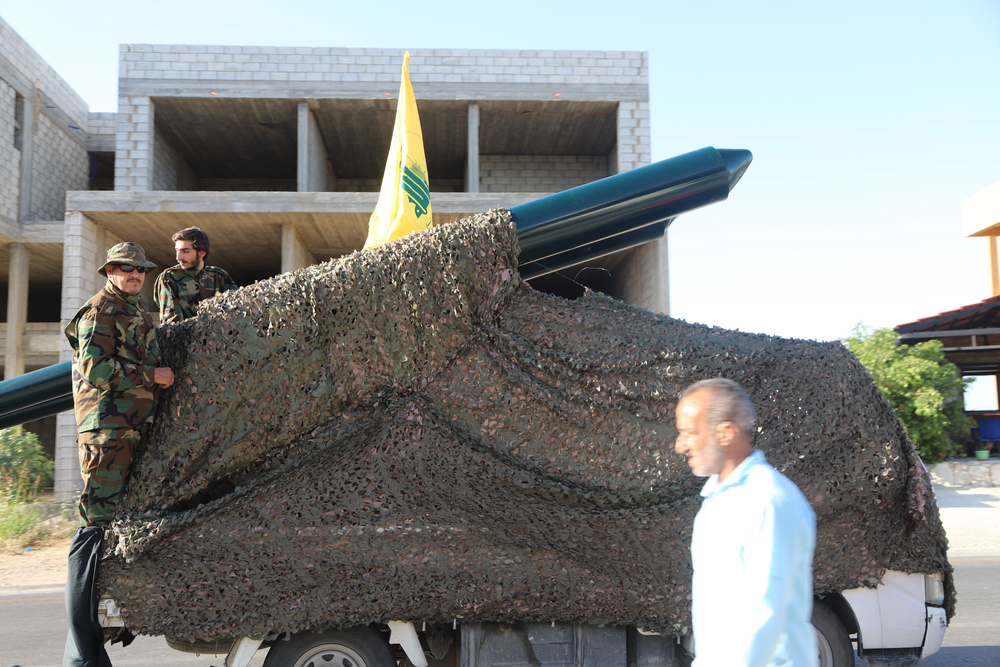Approximately 400 Hezbollah field commanders and their families have allegedly been redeployed from Lebanon to multiple Latin American countries, according to reports from Saudi and Lebanese media outlets. The reported destinations include Venezuela, Colombia, Brazil, and Ecuador. No official confirmation has been issued by Hezbollah or the Lebanese government.
The Saudi-owned news channel Al-Hadath reported this week that 400 individuals affiliated with Hezbollah, primarily field commanders and their families, have begun leaving Lebanon in phases. The network cited a source at the Argentine embassy in Lebanon, as well as an unnamed Latin American diplomatic source, who claimed that approximately 200 commanders had already arrived in South America, with others expected to follow.
The Lebanese newspaper An Nahar also cited unnamed diplomatic sources who alleged that Hezbollah commanders had “gradually” departed Lebanon for Latin American destinations. According to these sources, some commanders have instead opted to relocate to African countries. No documents or named individuals were provided to substantiate the claims.
The reported redeployment is attributed to concerns that Hezbollah commanders could be targeted by Israeli or international intelligence if the Lebanese government proceeds with dismantling the group’s military infrastructure.
In a televised address on Tuesday, Lebanese President Joseph Aoun stated that his government plans to establish a “state monopoly on weapons.”
Aoun suggested that any remaining Hezbollah fighters could be integrated into the Lebanese armed forces individually, similar to the demobilization of militias in the 1990s.
In response, senior Hezbollah figure Mahmoud Qamati publicly rejected the notion of disarmament. “We are committed to our weapons, we are committed to our resistance,” Qamati said, quoting the late Hezbollah Secretary-General Hassan Nasrallah: “Whoever reaches out to touch our weapons—their hand will be cut off.”
Al-Hadath and other regional outlets have previously reported on Hezbollah’s links with cartels, including the Medellín Cartel, and noted the group’s use of Latin America as a revenue-generating base and potential strategic counterbalance to U.S. influence in the region.
At present, no public statements have been made by Hezbollah concerning the reported movements. No Western intelligence agencies or governments have confirmed the claims, and the details remain based entirely on anonymous sources cited by partisan media outlets.









